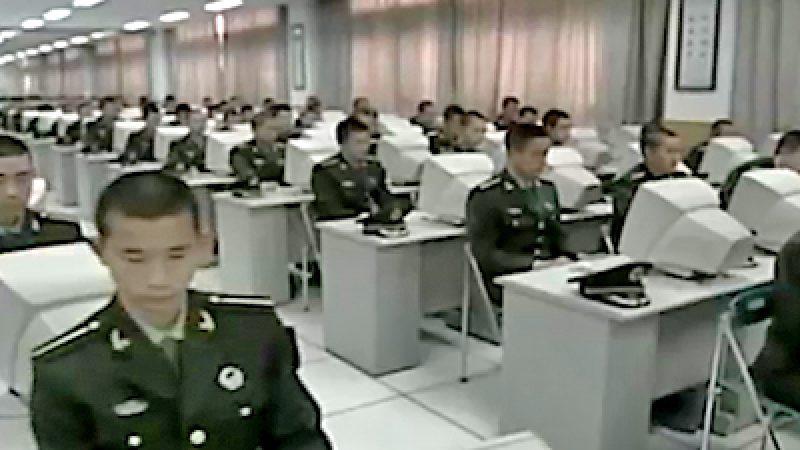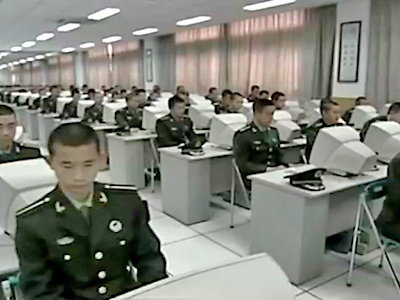
„Onslaught“ of Cyber Espionage from China and Russia

American companies and cyber security specialists have reported an “onslaught of computer network intrusions” from China according to a new report to the United States Congress.
The report by the US government agency the Office of the National Counterintelligence Executive, names China and Russia as stealing technology and financial information from US companies to fast track their own economic development.
It’s a clean break from previous reports that have shied away from naming specific perpetrators.
The report says cyber espionage has overtaken other more traditional forms of espionage because it allows massive amounts of data to be stolen with minimal risk of discovery.
Examples named in the report include the stealing of information to give Chinese companies an advantage during business negotiations.
The problem might not be easy to solve. Most company documents are held somewhere in soft copy form, while the proliferation of portable computing devices and cloud computing opens up new possibilities for hackers.
China dismissed the report as “irresponsible.” Chinese Foreign Ministry spokesperson Hong Lei said Chinese authorities wanted to work with the international community to maintain online security.
But freedom of information campaigner and Internet expert Zhang Xinyu says the Chinese regime both encourages and funds technical training for hackers.
[Zhang Xinyu, Internet Expert]:
„Wherever there are computer departments, there is what is termed computer network security research, which teaches students about computer hacking and virus research.“
Zhang Xinyu said when he lectured at the director’s office in Guangdong Military District he discovered they carry out hacking contests every year.
 Foto: NTD
Foto: NTD



























vielen Dank, dass Sie unseren Kommentar-Bereich nutzen.
Bitte verzichten Sie auf Unterstellungen, Schimpfworte, aggressive Formulierungen und Werbe-Links. Solche Kommentare werden wir nicht veröffentlichen. Dies umfasst ebenso abschweifende Kommentare, die keinen konkreten Bezug zum jeweiligen Artikel haben. Viele Kommentare waren bisher schon anregend und auf die Themen bezogen. Wir bitten Sie um eine Qualität, die den Artikeln entspricht, so haben wir alle etwas davon.
Da wir die Verantwortung für jeden veröffentlichten Kommentar tragen, geben wir Kommentare erst nach einer Prüfung frei. Je nach Aufkommen kann es deswegen zu zeitlichen Verzögerungen kommen.
Ihre Epoch Times - Redaktion